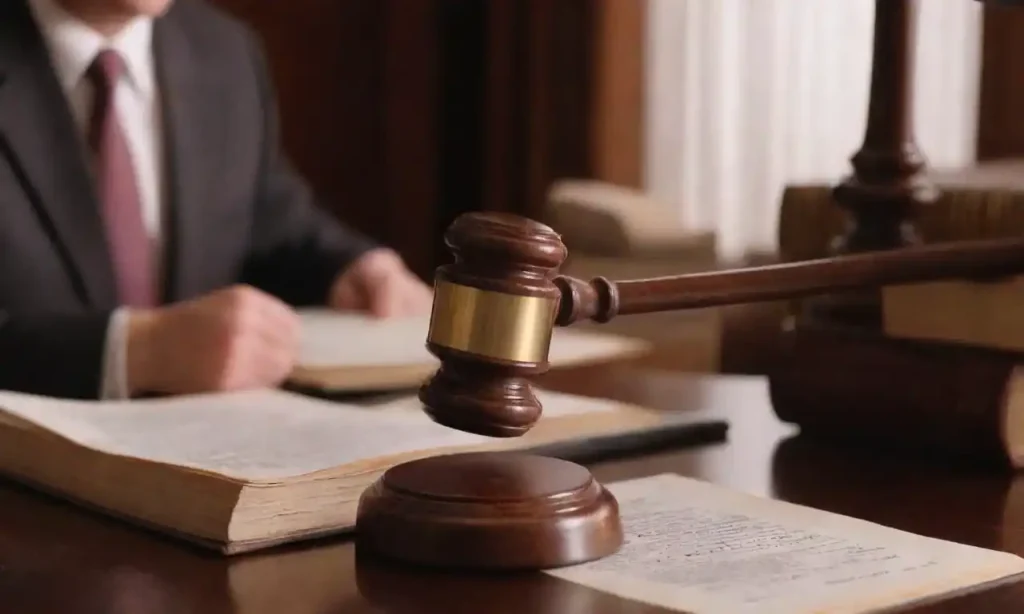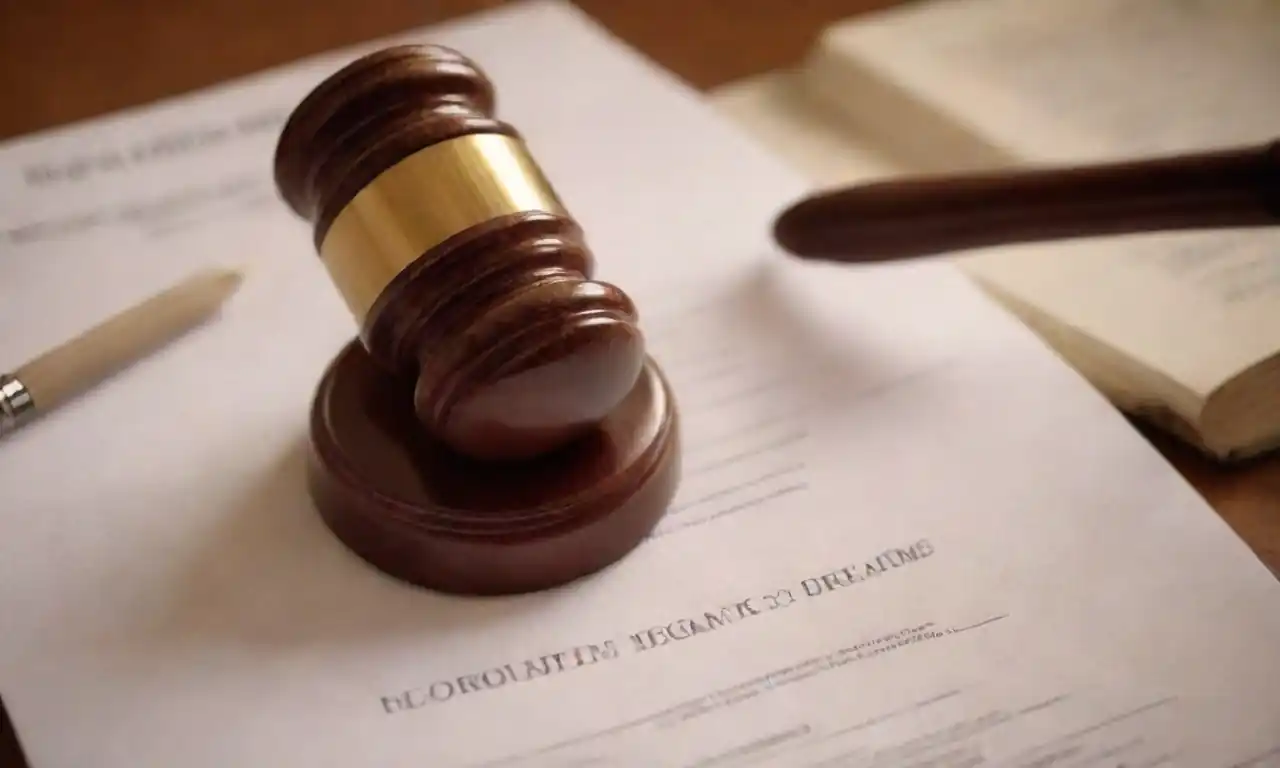Can You Amend a Probate Claim After Submitting It in Court

When navigating the complexities of probate claims, individuals often find themselves grappling with a myriad of legal challenges. The process of administering a deceased person's estate can be fraught with emotional turmoil, uncertainty, and in some cases, disputes among heirs or beneficiaries. As laws vary by jurisdiction, understanding your rights and obligations in the realm of probate is vital. One common question that arises is whether it is possible to amend a probate claim after it has been submitted to the court.
This article seeks to unravel the intricacies of altering a probate claim once filed. Through a comprehensive examination of the legal framework surrounding probate claims, we will explore the procedural mechanisms available for amending existing claims, the potential reasons one might need to do so, and the implications of such amendments. By the end of this read, you will have a clear understanding of how to navigate the often difficult waters of probate law and the essential steps you must take should a need for amendment arise.
The Basics of Probate Claims
To grasp the process of amending a probate claim, one must first understand the fundamentals of probate itself. Probate is the legal process whereby a deceased person's assets are distributed to heirs or beneficiaries. This includes validating the last will and testament, if one exists, and ensuring all debts and taxes related to the estate are paid. A probate claim typically refers to a petition filed in court to assert a right to an inheritance, challenge the validity of a will, or address disputes over the distribution of an estate.
The probate claim process may vary based on the jurisdiction, but it generally involves filing necessary documents with the local probate court, presenting evidence to support the claims made, and possibly attending court hearings. Factors affecting the probate process include whether the estate is deemed testate (with a will) or intestate (without a will), the nature of the assets, and the relationships of interested parties.
Reasons for Amending a Probate Claim
There are several reasons why an individual might consider amending a probate claim after it has been filed. One common scenario could arise when new evidence comes to light that supports a claim or contests a will’s validity. For instance, if a beneficiary discovers that the deceased had additional assets not accounted for in the initial claim, they might need to amend their filing to include these assets.
Another occurrence that may warrant an amendment is a change in circumstances among the heirs or beneficiaries. If an heir has passed away or a dispute arises among the beneficiaries, the original claims may no longer reflect the true nature of the estate or the intentions of the deceased. In such cases, an amendment would be essential to properly convey these changes to the court.
Moreover, procedural errors in the original probate claim can also necessitate an amendment. Mistakes, whether they relate to the information provided, the identification of heirs, or the legal grounds for the claim, can significantly impact the outcome of the probate process. Rectifying these errors through an amendment can assure that the court has accurate and complete information to make a fair determination.
Legal Procedures for Amending a Probate Claim
Understanding the legal procedures involved in amending a probate claim is imperative for ensuring that your rights are protected. The first step typically involves reviewing the relevant probate laws in your jurisdiction, as these will dictate the specific requirements for an amendment. In most cases, it is essential to file a motion to amend the claim, which clearly outlines the reasons for the amendment and the changes being proposed.
This motion may need to be formally served to other interested parties, which is an important step in maintaining transparency in the probate process. The intent is to afford all parties involved an opportunity to respond to the proposed changes. Some jurisdictions may also require a hearing where you can present your reasoning for the amendment and address any objections raised by other beneficiaries or heirs.
In crafting the motion to amend, it's crucial to provide supporting documentation where possible. This could include new evidence, affidavits, or any other material that justifies why the change should be made. Courts often have discretion in determining whether to grant amendments to probate claims, so presenting a well-supported case can significantly increase your chances of a favorable result.
The Implications of Amending a Probate Claim

Altering a probate claim can have profound implications for the estate and all parties involved. Most importantly, amendments can change the distribution of assets, especially if new claims are introduced or if the claims adjust the entitlements of existing heirs. This can lead to additional disputes among beneficiaries, which is often counterproductive and may prolong the probate process.
Furthermore, amending a claim can also impact the timeline of the probate proceedings. When an amendment is filed, it may lead to postponements for hearings or the opportunity for other beneficiaries to contest this change. Such delays can be frustrating and may cause emotional strain on individuals already facing the loss of a loved one.
In addition, there could be potential financial implications arising from amendments to a probate claim. Legal fees can mount due to extended hearings and disputes, which ultimately may eat into the estate itself, leaving less for distribution among the heirs. Additionally, if a claim is amended improperly or without proper justification, this could lead to the dismissal of the claim or, worse, potential financial liability for damages among disputing parties.
Seeking Legal Guidance
Given the complexities surrounding probate claims and the significant implications of any amendments, it is highly recommended to seek legal advice when navigating this territory. A qualified estates and trusts attorney can offer guidance tailored to your specific situation, ensuring that amendments are made correctly and in alignment with your jurisdiction’s laws. Legal counsel can also help you assess the merits of your claims and advise you on the potential outcomes of pursuing an amendment.
Additionally, an attorney can assist in preparing the required documentation and represent you at any hearings that may be necessary. Engaging a legal professional in these matters not only enhances the chances of successfully amending a claim but can also provide peace of mind during an undoubtedly challenging period.
Conclusion
Amending a probate claim after it has been submitted in court is indeed possible, but it comes with a series of intricacies that must be navigated carefully. From understanding the basic principles of probate to recognizing the reasons for an amendment, being informed is crucial. Proper legal procedures must be observed to ensure that new claims or alterations are processed smoothly and do not jeopardize the rights of any parties involved.
Moreover, it is vital to consider the implications of such amendments, both emotionally and financially, as they can significantly affect beneficiaries and the distribution of the deceased’s estate. Ultimately, seeking legal guidance remains one of the most prudent steps in the process, helping individuals to navigate these turbulent waters with confidence and clarity. By understanding your rights and the processes involved, you can make informed decisions that align with your interests and the legacy of your loved one.

Leave a Reply